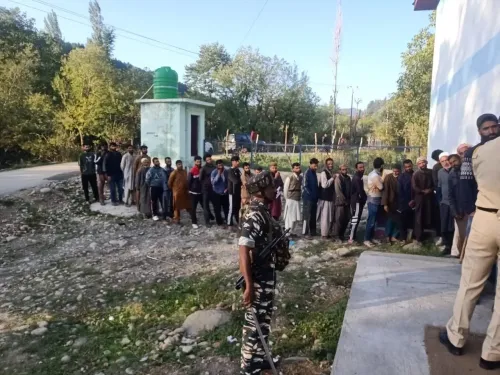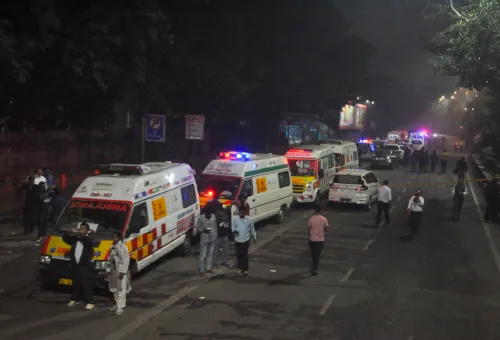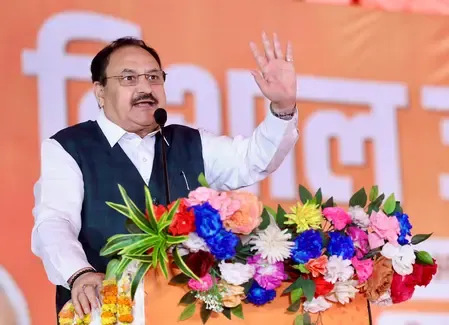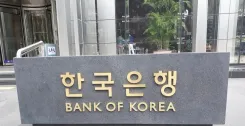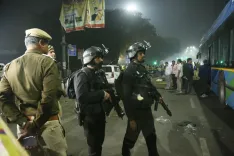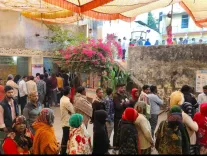Did PM Modi and Trump Talk During Operation Sindoor?
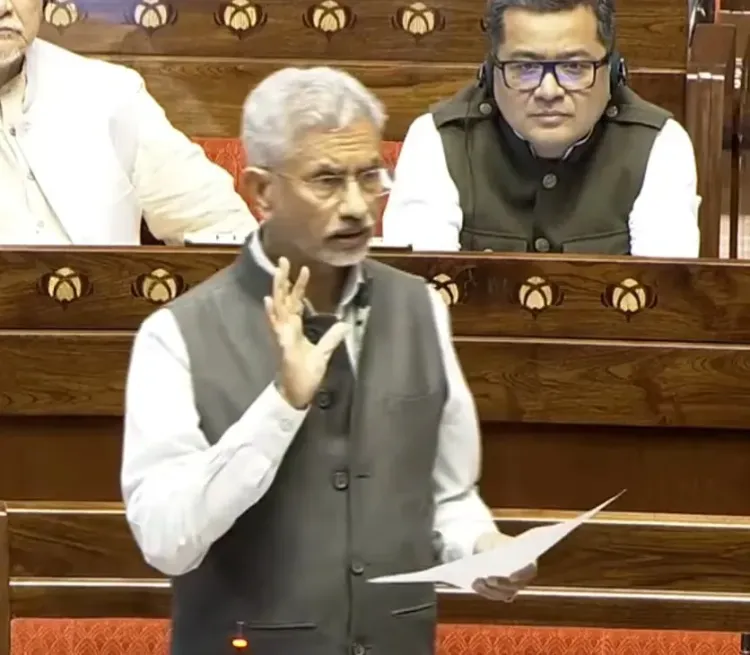
Synopsis
Key Takeaways
- EAM Jaishankar confirmed no calls between PM Modi and Trump during a specified period.
- India's policy against third-party mediation with Pakistan was reiterated.
- The Indus Water Treaty was highlighted as a significant historical agreement.
- Jaishankar criticized past leadership decisions regarding Kashmir.
- Modi's measures on historical issues were emphasized as corrective actions.
New Delhi, July 30 (NationPress) – In a recent debate in the Rajya Sabha regarding Operation Sindoor, External Affairs Minister (EAM) S. Jaishankar provided an unequivocal response to the rumors surrounding diplomatic communications between India and the United States. He firmly asserted that there were no telephone discussions between Prime Minister Narendra Modi and U.S. President Donald Trump from April 22 to June 16.
Jaishankar stated in the Upper House, “...Main unko kehna chahta hoon, woh kaan kholke sun le. 22 April se 16 June tak, ek bhi phone call President Trump aur Prime Minister Modi ke beech mein nahi hua.”
(I wish to clarify - for those disseminating falsehoods, please listen carefully - there was not a single phone call between President Trump and Prime Minister Modi during that time.)
While addressing concerns raised during the debate, Jaishankar emphasized India's steadfast stance against third-party mediation in its dealings with Pakistan. He reiterated that all discussions must be strictly bilateral and dependent on formal communication through the Director Generals of Military Operations (DGMO).
“When Operation Sindoor commenced, numerous nations reached out to comprehend the scenario,” the Minister remarked.
“We consistently communicated - we were not amenable to external mediation. Any dispute between India and Pakistan would be resolved bilaterally. Our response to an attack would persist unless Pakistan formally requested a halt to hostilities through the appropriate military channels.”
Jaishankar also took the opportunity to criticize the Congress party, accusing it of being “uncomfortable with history,” particularly concerning India’s water-sharing treaties and historical decisions regarding Kashmir. He specifically referenced the Indus Water Treaty, labeling it “a unique and possibly unprecedented agreement” where one country permits its rivers to flow into a neighboring nation without retaining usage rights.
“Few treaties worldwide match the Indus Water Treaty in its one-sided generosity. When contemporary voices question its current relevance, we must also consider how it was established,” Jaishankar noted, targeting the approach adopted by former Prime Minister Jawaharlal Nehru in 1960.
Quoting Nehru from a parliamentary session on November 30, 1960, Jaishankar remarked: “He [Nehru] stated he was doing this for the benefit of Pakistani Punjab - without any acknowledgment of Indian farmers in Kashmir, Punjab, Rajasthan, or Gujarat.”
The External Affairs Minister concluded by asserting that Prime Minister Modi has initiated corrective actions on crucial national matters, including the Indus Water Treaty and the abrogation of Article 370, to rectify what he termed “historical errors.”


